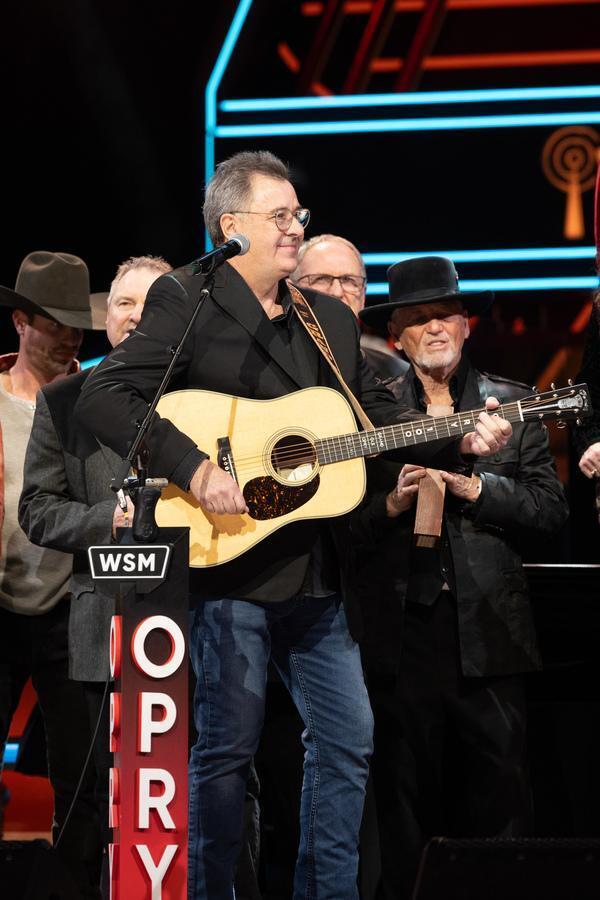July 14, 2020 I Event
Congress Ponders More Business Stimulus

In the wake of The Summer NAMM Show’s cancellation this year, NAMM executed a series of virtual NAMM U sessions last week, providing guidance, insights and ideas for businesses navigating the pandemic.
The week culminated with a policy overview moderated by Mary Luehrsen, NAMM’s director of public affairs and governments relations, focusing on current and pending business relief programs that could be passed by late July or early August.
COVID-19 Business Relief and More
Chris Cushing, a managing director for the federal strategies team at Nelson Mullins, NAMM’s lobbying firm in Washington, D.C., reported that there are still some $1.38 billion in Payroll Protection Program funds available, and that businesses may still apply through August 8.
In order to turn those loans into de facto grants, businesses now have 24 weeks to use the funds, and the percentage of employees on the payroll has been reduced from 75% down to 60%.
Businesses can still only take on one PPP loan. But Cushing said Congress is preparing for another round of relief, which could be put into action before the end of July.
“It’s probably the last tranche of relief before the election,” he said. “In some ways, we hope it is because if it isn’t, it means things have really gone south.”
Cushing said the U.S. Senate returns to work on July 20, and they hope to complete the legislation by July 31.
“The Trump administration and Republicans are looking at a package worth about a trillion dollars, which prior to this pandemic was a really lot of money,” He said. “Democrats say that’s just a starting point. The House Democrats, back in May, passed a bill for over $3 trillion.”
Under discussion are additional stimulus checks. Republicans are seeking to target those individuals who earn less than $40,000 a year. The Democrats are seeking to use the same parameters as the first round of funding.
“So it looks like we’ll get a second set of checks,” Cushing said. “It just depends on where they put that line on annual income from 2019.”
In addition to stimulus checks are an extension of the extra $600 a week portion of unemployment insurance, Cushing said. Set to expire on July 31, Democrats would like to continue the program through the end of the calendar year. Republicans are seeking a more targeted approach because that $600 a week, plus what the states are doing, puts unemployment income higher than the median income in 38 states, a potential disincentive for returning to work, according to Republicans.
The next piece of the legislation is aid to state and local governments. Cushing said that portion of the legislation is becoming contentious. Republicans don’t want to bail out “mismanaged states,” and they want to provide a strong incentive for states to reopen schools.
Republicans have also called for liability protection for schools, colleges, universities, restaurants, healthcare providers and businesses against COVID-19 claims.
Democrats are open to this discussion, Cushing said, but they want it “narrowly tailored.”
Additional Business Loans
Cushing added that the legislation would include another round of business loans.
“You might think of this as PPP two, although given some of the recent press, it may not be called Paycheck Protection Program,” He said “And it’s probably needed. Today, the National Federation of Independent Business just released a poll of [its] membership, which as its name implies are small and independent business people. Twenty two percent of [its] members who have received a PPP loan indicate that they will be laying off employees when the money runs out.”
Cushing believes that this upcoming round of loans will be better targeted toward businesses that can demonstrate need based on business losses.
“There’s going to be some level of demonstrated losses to participate in this this next tranche,” he said. He noted that the money will be targeted toward smaller businesses, probably under 300 employees, with specific funds targeted at very small businesses of 25 or fewer employees and sole proprietors.
Funds to Return to School
Cushing said this portion of the legislation will probably provide the biggest “flashpoint.”
“Democrats are seeking funding for school districts,” he said. “So those school districts can safely reopen, and they have the funds they need for enhanced cleaning, for PPE, for enhanced transportation for kids to and from school because you don’t want to pack them all on a bus.
“Republicans, and particularly, the administration, remain concerned that many school districts won’t reopen. And they are considering funding that may be more directed not to the districts, but to families and students who seek to return and offer them flexibility.”











